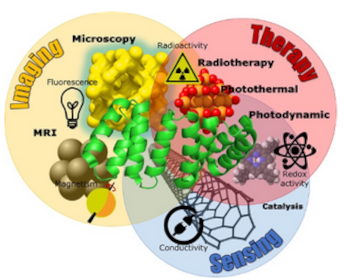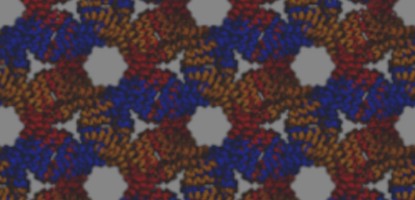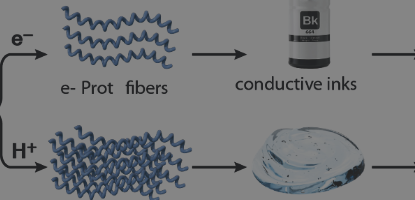- Biomolecule-nanomaterial hybrids: diagnosis and therapy
- Bionanosensing technologies
- Protein stabilized metal nanomaterials for imaging applications
- Protein engineering for transcriptome editing
- Engineered conductive proteins for implantable bioelectronics

Inspired by nature, we explore biomolecules and their derivatives as novel biomedical tools. Among biomolecules, proteins rise huge interest due to their high structural and functional versatility, biocompatibility, and biodegradability. In particular, we mainly focus on a class of engineered repeat proteins, due to their stability and robustness as a base scaffold that can be easily tailored to endow desired functions to the protein. For example, the introduction of metal-binding residues drives the coordination of metal ions and the subsequent formation of tailored nanomaterials. Additionally, new protein or oligonucleotide binding, i capabilities can be encoded within the protein unit allowing for advanced therapeutic approaches. These properties allow the development of tailored protein-nanomaterial composites. Generally, the fusion of two distinct materials exploits the best properties of each, however, in protein-nanomaterial composites, the fusion takes on a new dimension as new properties arise.
These composites have ushered the use of protein-based nanomaterials as biopharmaceuticals beyond their original therapeutic scope and paved the way for their use as theranostic agents, as demonstrated in our pioneering in vitro and in vivo examples.



